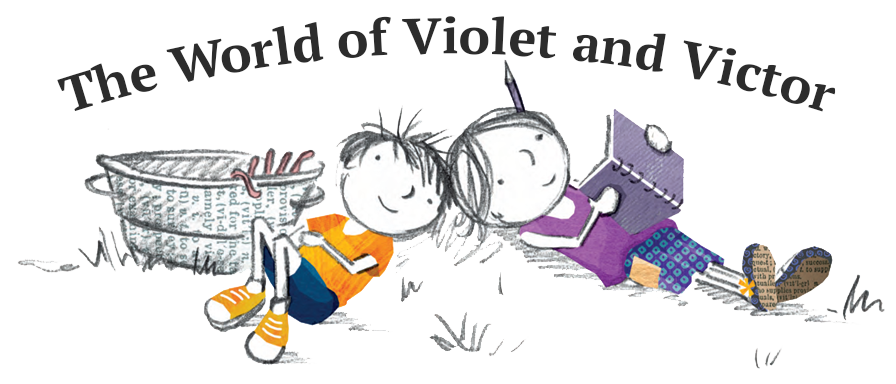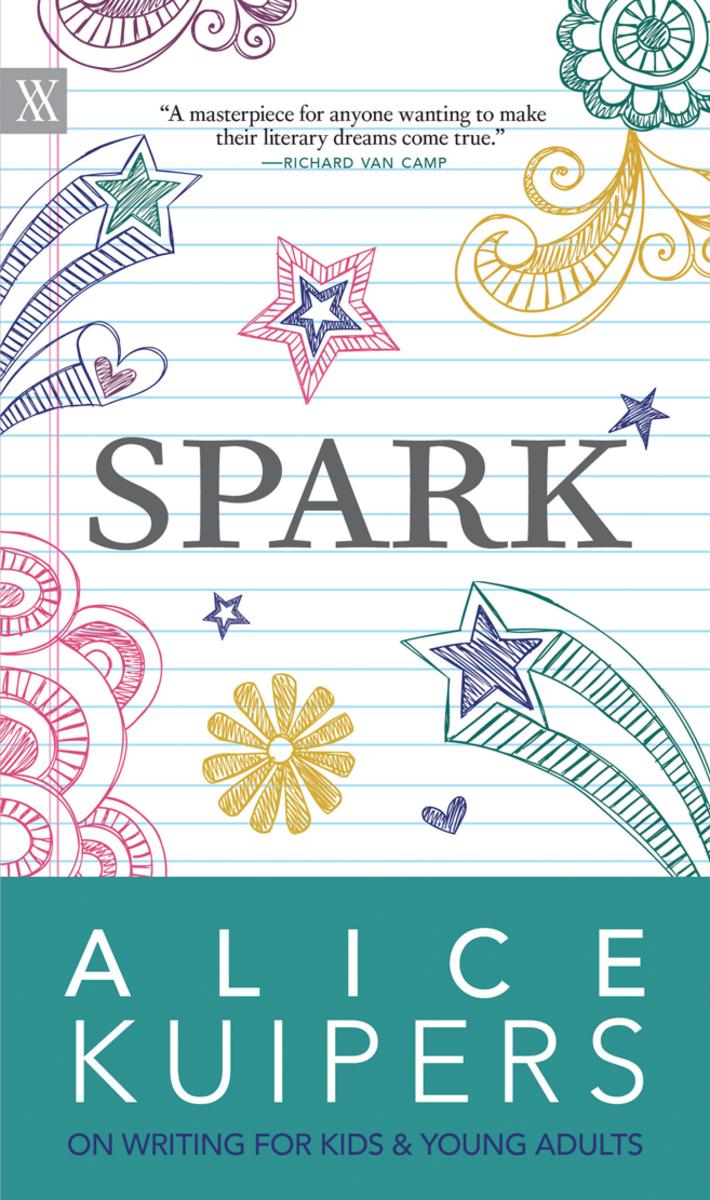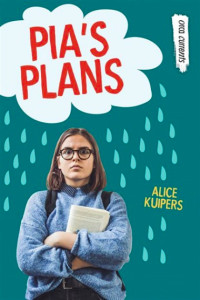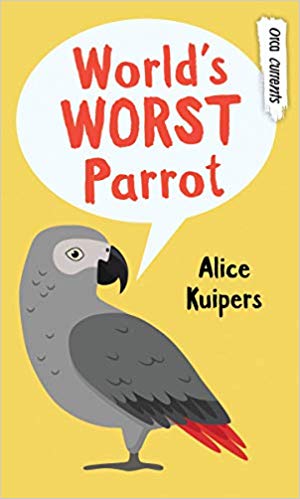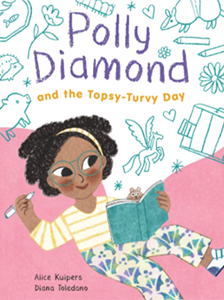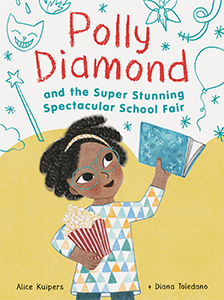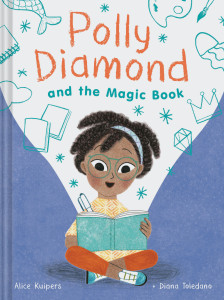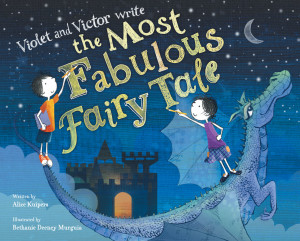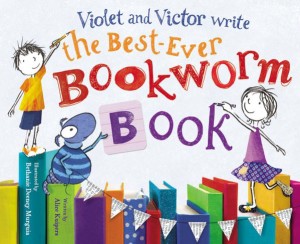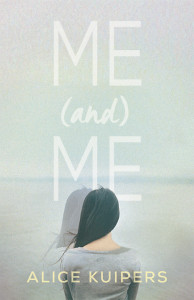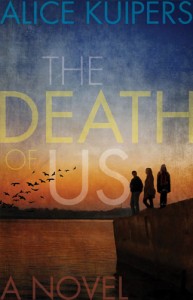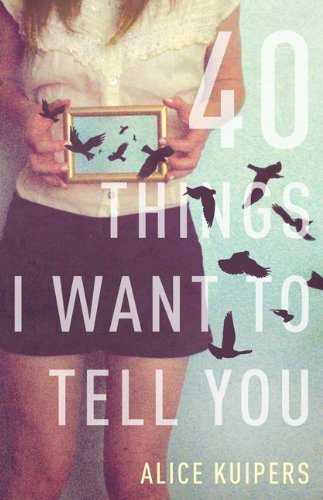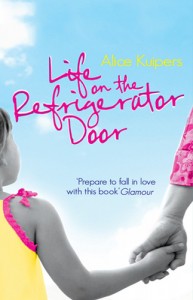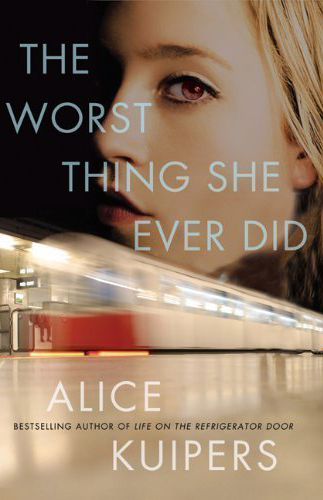The best way for you to make time for your writing is for you to insist to yourself that it’s important. Although spending fifteen minutes a day pouring words onto the page might seem frivolous when you have to juggle work, family and friends, you’re actually doing yourself and those around you a favour if you make time for you passion. You’ll feel good if you devote some time each day, or each week, to your writing; and that will impact the rest of your life.
One proponent of this is the writer Julia Cameron. She insists in her book The Artist’s Way that every day those of us who want to write should scribble down three pages – longhand – first thing in the morning. Don’t let your thoughts get too much in the way of this process, just write whatever comes into your mind. It’s about the practice of getting words on the page. These Morning Pages aren’t for show, they’re not for publication, they’re for you as a writer to experience the act of writing daily.
Realistically those of us with screaming kids might find it hard to settle first thing with three empty pages and a pen. So, modify the exercise and find a window of time a bit later in the day, or jump out of bed before your children. Perhaps you start work really early and don’t have time to get your pages done before you have to leave. So, do the pages later. Make your writing practice about Evening Pages and enjoy what that bring to you. As you write, you’ll find ideas and stories you never knew were lurking inside you, and who knows where those might lead. Apparently, J.K Rowling was sitting on the train when Harry Potter jumped into her mind, but because she was already writing regularly, she knew how to shape her ideas on the page. She used to work in a small cafe, I believe.
If the idea of writing every day is just too daunting, then choose a time every week and set it as your own. Perhaps Friday evenings you could write for two hours (go on, switch off the TV) – it might seem tricky because you’re not getting the daily practice in, but push yourself to put words on the page. It’s the only way to bring your dreams of writing into reality.
Julia Cameron says, “Creativity is like breathing.’ I like that.

